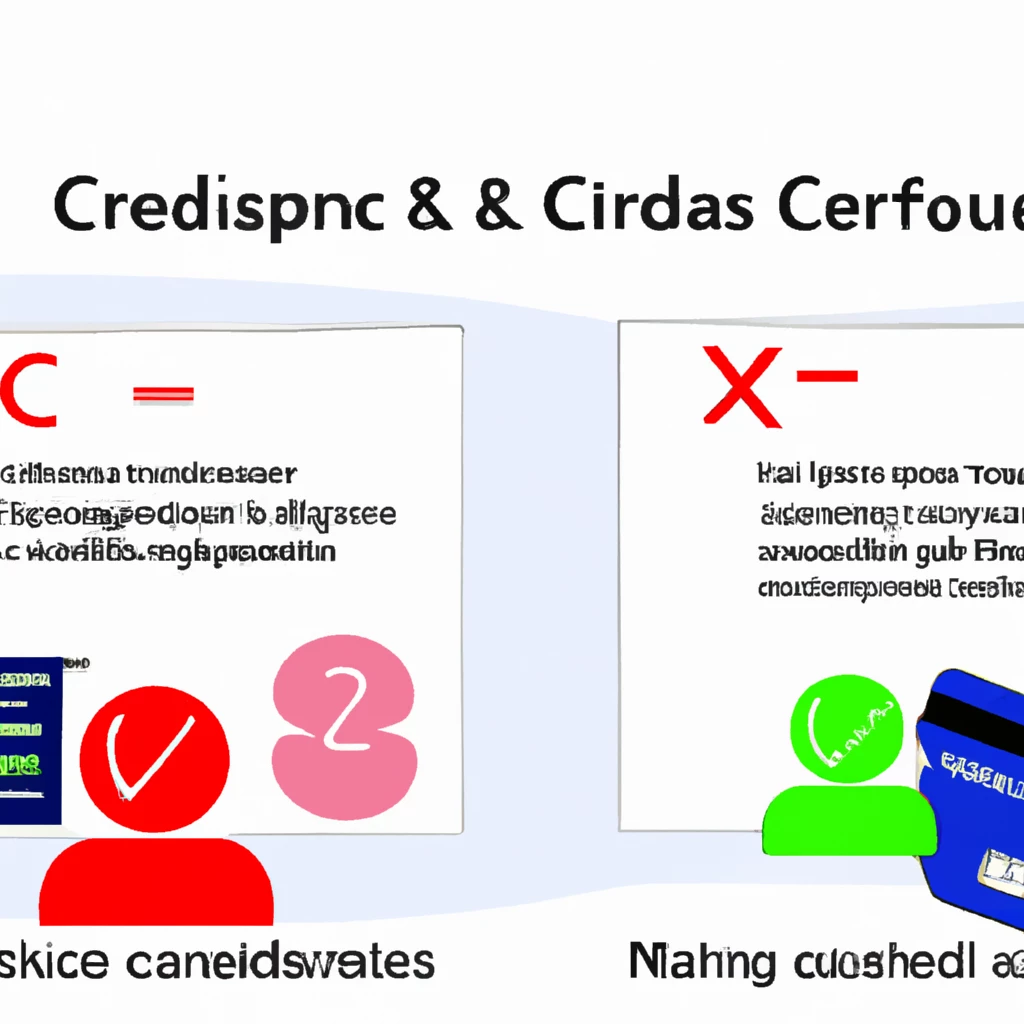Understanding Credit Inquiries
A credit inquiry refers to a request for credit report information from a credit bureau. Typically, financial institutions use credit inquiries to assess your creditworthiness for potential credit approval. However, credit inquiries can also be initiated for various purposes, including personal credit checks. There are two primary types of credit inquiries: hard inquiries and soft inquiries.
Key Insights:
- Companies examine your credit history when making lending decisions for mortgages, personal loans, and auto loans.
- Soft inquiries, such as self-requested credit reports or pre-approvals, have no impact on your credit score.
- Hard inquiries occur when seeking official credit like loans and can affect your credit score temporarily.
How Credit Inquiries Function
Credit inquiries involve reviewing your credit history, including payment patterns and debt utilization. You or other entities like lenders may initiate credit inquiries for various reasons.
Hard inquiries are conducted by lenders post-loan application to evaluate risk, while soft inquiries, even without a credit application, serve purposes like marketing credit products. Both types entail accessing your credit report but differ in their impact on your credit score.
Unlike soft inquiries, hard inquiries can temporarily lower your credit score. Understanding their distinctions is crucial for managing credit inquiries effectively.
Hard Credit Inquiries
Lenders initiate hard inquiries during credit applications, accessing detailed credit reports to facilitate loan decisions like mortgages or credit cards. Hard inquiries impact your credit score and can remain on your report for up to two years, affecting risk assessment.
Apart from credit scores, reports include payment histories, credit usage, available credit, and credit length, vital for lending decisions.
Excessive hard inquiries could signal heightened credit risks, but credit repair entities may expedite removal processes. These inquiries also have non-lending applications, like background checks for employment or rental purposes.
Soft Credit Inquiries
Soft inquiries, unlike hard inquiries, don’t influence credit scores and can be triggered by various activities such as personal credit checks or marketing strategies.
Additionally, credit services use soft inquiries for pre-approvals, aiding borrowers in accessing loans. Lenders issue quotes via soft inquiries to outline potential loan terms, facilitating informed borrowing decisions.
Remember, you can receive free annual credit reports from major bureaus – Experian, TransUnion, and Equifax – to monitor your credit status effectively.
Does a Credit Inquiry Impact Your Score?
While credit inquiries appear on reports, their effect varies. Hard inquiries typically harm credit scores, unlike soft inquiries which have no bearing on them. Understanding the distinction is key to managing credit health effectively.
Duration of Hard Credit Inquiries
Hard inquiries can persist on reports for up to two years, with a usual one-year impact duration on credit scores. Lenders interpret such inquiries as risk indicators, potentially influencing loan approvals.
Do Soft Inquiries Reflect on Reports?
Soft credit inquiries may feature on reports but do not impact credit scores. They can occur for self-assessments or pre-approval purposes, offering insights into credit eligibility without affecting credit health.
The Verdict
Understanding credit inquiries is imperative for informed financial decisions. Differentiating between hard and soft inquiries enables you to manage your credit effectively. Excessive hard inquiries can dent your score, while soft inquiries are harmless. Stay informed to leverage credit inquiries to your advantage.
